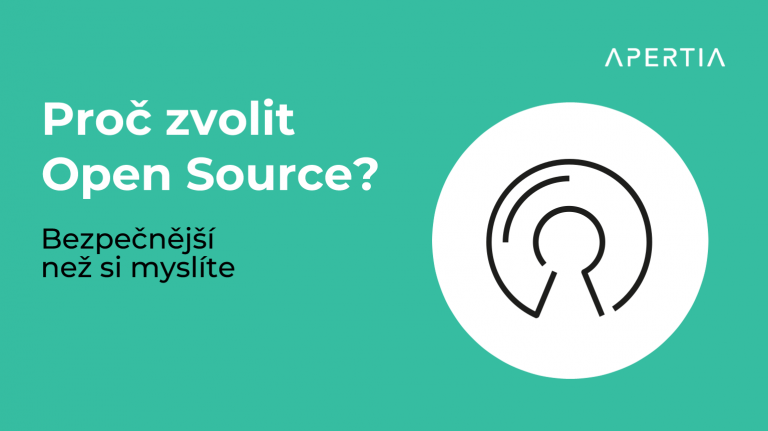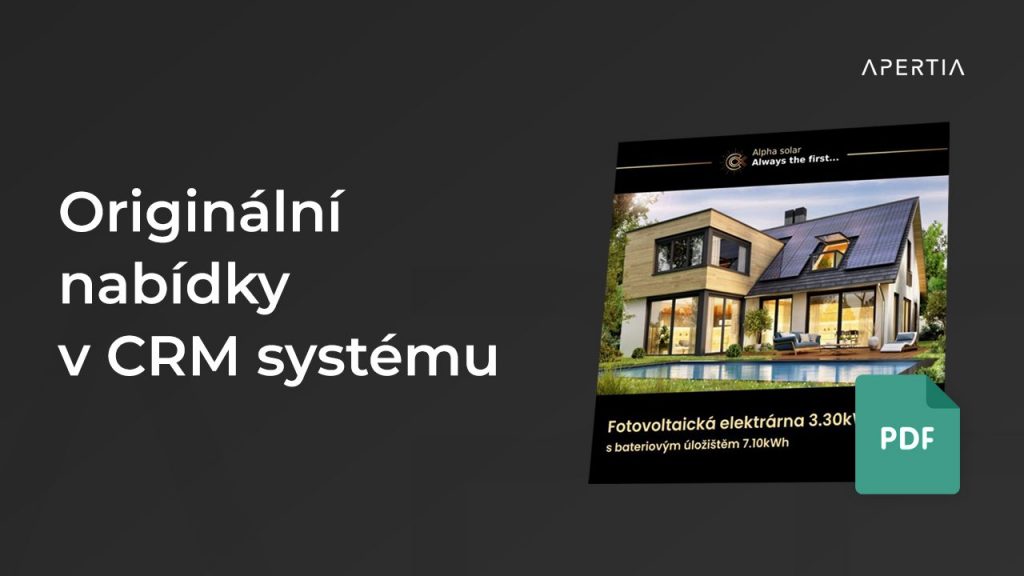We will turn the question around for you as a client. Why closed source licensed software in Czech?
Do you want the vendor to have control over your data? Then closed source. Do you want to be unsure of what data your closed software vendor collects about you? Then go to closed source. When migrating data, do you want you to have to ask your supplier to make your data available to you for a considerable amount of time? Then only closed source. Do you want to rely on “Chinese cuisine” that no one sees? Because this is what mostly the development departments of closed source software vendors look like. Franta leaves, Lojza comes in, who writes the code in a completely different way and three times like this? Then definitely a closed source.
Do you have little work and want to write the operating and user documentation yourself as well as the REST API documentation if the REST API exists at all? Then there’s the great news closed source will keep you entertained after long sleepless nights.
And so it is possible to continue and continue. But many times you will hear that open source software is more dangerous precisely because it is open source. Lisa’s experience says that what is open is also dangerous. But the opposite is true of software. Therefore, the most secure system in the world is OpenBSD, which is strictly open. Just for safety. But about that in an article on security through ignorance.
And now for the real reasons why open source.
- Your data is absolutely yours
- The application code is also yours, at least you can start running the application somewhere other than your existing vendor
- In the case of large projects such as WordPress, MySQL, PostgreSQL, Linux and hundreds of others, there is a very wide community of people who look at the code and look not only for holes, but whether the software does not collect and send data that it does not have. This may not be the case for small to micro-projects, where such a community audit may not be. But even here you can easily cut off the application from sending data, because the application code is yours, you can search in it and a more experienced administrator or programmer will find a place that sends data.
- You have the option of asking a company or individual programmer familiar with the software to perform a cursory audit of the code, features, architecture, and overall familiarity with the ecosystem of an application that is critical to your company’s operations in the future. For example, these are databases. And MySQL is still growing in market share. According to https://db-engines.com/en/ranking – MySQL is almost equal to Oracle
- For large projects such as PHP, MariaDB, PostgreSQL, Python, Linux, WordPress and WooCommerce, the documentation and support in forums such as Stackoverflow is really gigantic, up-to-date, functional and great compared to many closed software.
- Programmers can change, but if there is documentation and code to follow, programmers work without project managers. Which is an advantage.
- Security is mentioned above, but who does not believe, so https://www.secpoint.com/top-10-most-secure-operating-systems.html – just read the comment on the first place and Open in the name is in the sense Open Source
It is also sustainability, onboarding new employees who have already been able to work with the software elsewhere due to its widespread use, the ability to change vendors who care about the software and its extensions, and most importantly The terms of use of the software state that the data collected using the software you have purchased in good faith will be shared with third parties.


